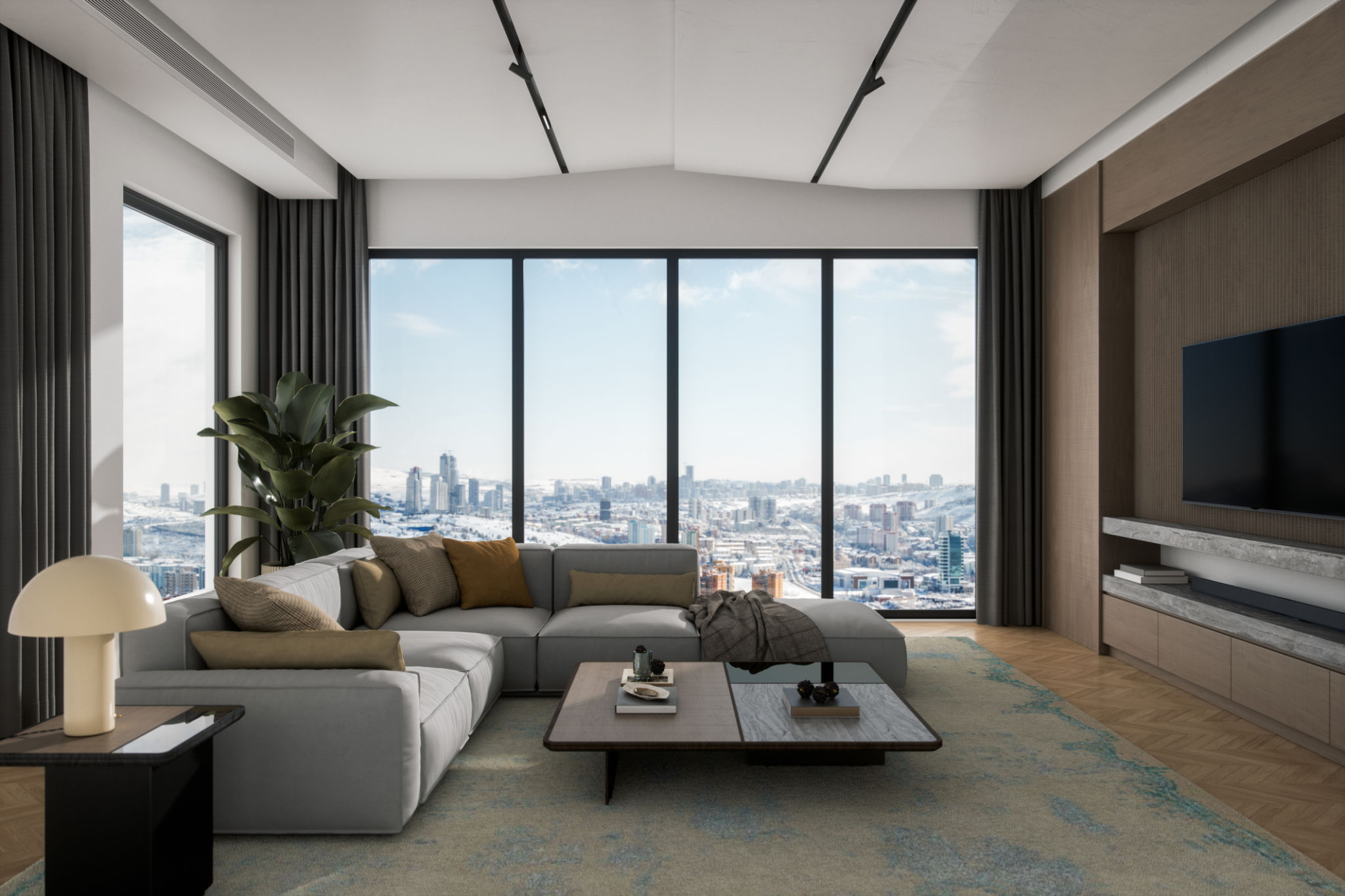Comparing Residential and Commercial Properties in the UAE: What You Need to Know
Understanding the UAE Real Estate Market
The United Arab Emirates (UAE) offers a dynamic real estate market, attracting investors from around the globe. The country's rapid development and strategic location make it a prime destination for both residential and commercial properties. However, before diving into this bustling market, it's important to understand the key differences between residential and commercial properties in the UAE.

Residential Properties: A Closer Look
Residential properties in the UAE are designed to cater to a diverse population that includes locals, expatriates, and investors. They range from luxurious villas and apartments in iconic locations like Dubai Marina and Palm Jumeirah to more affordable housing options in areas such as Jumeirah Village Circle and Al Reem Island. These properties are primarily used for living purposes and provide a personal space for individuals and families.
One of the main advantages of investing in residential properties is the relatively stable rental income. The demand for housing remains consistently high due to the influx of expatriates and the country's growing population. Additionally, residential properties often come with amenities such as swimming pools, gyms, and security services, enhancing their appeal to tenants.

Commercial Properties: Opportunities and Challenges
Commercial properties in the UAE include office spaces, retail outlets, warehouses, and industrial units. These properties are primarily used for business activities and can offer substantial returns on investment. Key areas for commercial real estate include Downtown Dubai, Business Bay, and Abu Dhabi’s Al Maryah Island, which are hubs for business and commerce.
Investing in commercial properties can be lucrative but also challenging. The market is influenced by economic factors, including tourism, oil prices, and government policies. This can lead to fluctuations in rental yields and property values. However, successful investment in commercial real estate can result in higher returns compared to residential properties due to longer lease terms and the potential for capital appreciation.

Legal Considerations and Regulations
Both residential and commercial properties in the UAE are subject to various legal regulations. Understanding these laws is crucial for investors. Foreigners can purchase freehold properties in designated areas, while leasehold agreements are available for other regions. Additionally, each emirate has its own set of rules regarding property ownership, making it essential to consult with legal experts before proceeding with any transaction.
Investors should also be aware of the UAE's property registration process. This includes obtaining necessary permits, ensuring compliance with building codes, and registering the property with the relevant government authorities. Adhering to these legal requirements not only ensures a smooth transaction but also protects the investor's interests.
Tax Implications
The UAE offers a favorable tax environment for property investors. There is no capital gains tax or property tax, which significantly enhances the appeal of investing in real estate within the country. However, there is a value-added tax (VAT) applicable to commercial properties, which needs to be factored into the investment decision.
Understanding these tax implications can play a pivotal role in maximizing returns from property investments in the UAE. Investors should seek professional advice to navigate the tax landscape effectively and make informed decisions.

Making the Right Choice
Deciding between residential and commercial properties in the UAE depends on various factors including financial goals, risk tolerance, and investment horizon. Residential properties offer stability and consistent rental income, while commercial properties provide potentially higher returns with greater risk.
Ultimately, understanding the unique aspects of each property type will empower investors to make informed decisions that align with their objectives. Whether it's a luxury apartment or a bustling office space, the UAE's real estate market offers opportunities for growth and prosperity.
